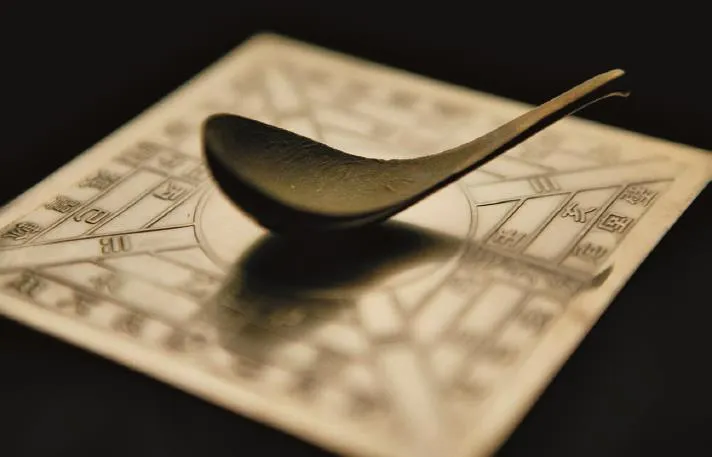The Art of Feng Shui
Text by Lena Gidwani Translation by Emma Xu Photo by VCG
The Art of Feng Shui
Text by Lena Gidwani Translation by Emma Xu Photo by VCG

The story of my relationship with Feng Shui begins like any modern day one… on Google, of course. Juggling work, family, deadlines and a social life means that when I get any free time (almost never), I hide under the covers to sulk, then call my best friend to complain, and then, because desperate times call for desperate measures, repeatedly listen to the Titanic theme song whilst reciting positive affi rmation. It never works, by the way. So I fi gured, maybe it's not me. Maybe it's my furniture's fault. See, this year, I'm obsessed with being more organised.
So what did I do? I found someone: a Feng Shui Master who runs an online site. Naturally, I relayed the above, and he agreed (phew!) to a consultation for just a mere US$5 a minute. A steal, I know. Everyone else was quoting way higher. What is Feng Shui, you ask? It is a philosophical Chinese method of balance of placement to invite harmony to your life and physical setting. It is how a house, offi ce or an important personal space sits in a landscape, and the objects and fl ow within these settings. It can be as basic as its meaning: Feng means wind and Shui means water, or as complex as the fl ow of life essentials that revolve around the relationship between fi ve elements (wood, fi re, earth, metal and water). Seasoned masters use the bagua, an energy (chi) map that divides the space in question into nine areas, each corresponding to a part of your life (relationships, health, creativity, etc.)Mysterious in nature and intention, its popularity has waxed and waned over the years. But that being said, many swear by it, and it's used around the globe for interiors, predictions and even bettering one's business or karma.

COLUMNIST'S PROFILE Lena Gidwani is a resident of Guangzhou for 13 years, selfconfessed networker, magazine editor and an avid writer.Lena Gidwani,网络工作者、杂志编辑、作家,在广州居住13年。
Anyway, back to my Feng Shui consultation. And so, as decided upon, it happened one fi ne evening a few months ago. My husband, bless him, doesn't believe in it, so during our online consultation with 'Master Wen', he was made to drink from a tall glass of wine, remain quiet and exhibit complete decorum. Apparently it's bad luck if one isn't a believer. No argument from him at all. We walked around the home, laptop in hand, as Master Wen rattled off my many misdemeanours.
My collection of Japanese bonsai? Bad Feng Shui, apparently. Why? They are stunted, and no one wants stunted energy in their homes. Why sell yourself short in life, right? My vintage Dynastyinspired (the soap opera, not the Ming era) screen divider that burnt quite the hole in my joggers, apparently splits and blocks the chi in a room. It also means that I'm trying to hide something (or someone) that needs to come out of the closet. Both untrue, thank you very much. And that gorgeous mirror across from the bed that allows me to… Oh well, it means I'm keen to invite a third party into my relationship. Play at your own risk, folks.
Now one might think that with the elimination of all these distractions, it would be easier for me to dive deep down and fi nd stillness under the covers. Frankly, though these trends are profoundly tempting and actually very practical, they can take the swag out of your Shui if you take it ever so literally. I for one, refuse to sell my apartment just because it neighbours a building that is made completely of glass. Taking respectable care of the things around you so that they take care of you is the most basic drill down of the Feng Shui concept. We all need less clutter so that our lives function in a way that makes us function better. A realistic approach and complete trust in your own body, mind and intuition will positively equate to more zen moments, making it a win in any method, be it Chinese or common sense.
——致敬殡葬工作者

